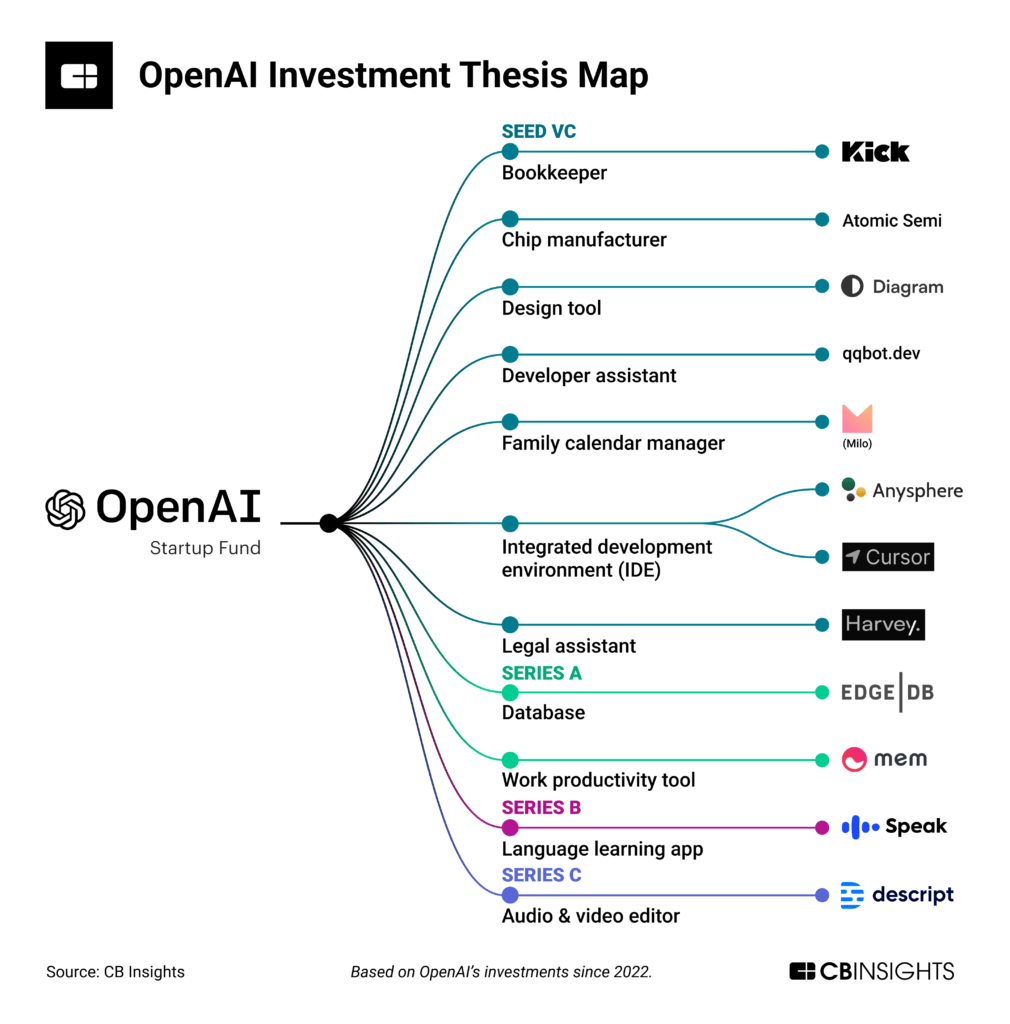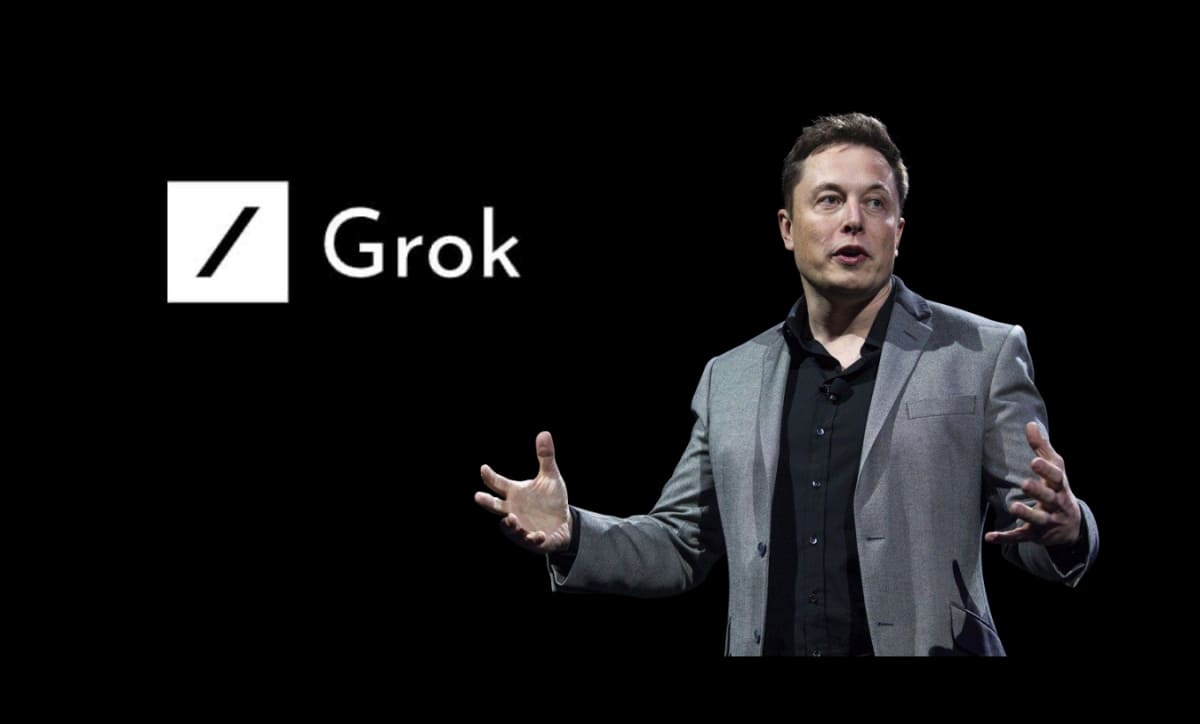Meta faced backlash last year for its controversial decision in the European Union to introduce a paid ad-free subscription for Facebook and Instagram. Users were required to agree to being tracked and profiled for ad targeting or pay a monthly fee for an ad-free experience. This move has sparked complaints from consumer rights groups, who argue that it violates EU data protection rules.
Under the new model, users in the EU are charged €9.99/month on the web (or €12.99/month on mobile) to opt out of seeing ads per linked Facebook and Instagram account. Alternatively, users can agree to tracking to access the platforms for free, effectively offering them a choice between paying for privacy or giving up their privacy for free access.
Eight consumer rights groups from various EU countries are filing complaints with national data protection authorities against this “consent or pay” model. They argue that Meta’s approach fails to meet the legal requirements for valid consent under the GDPR, as it is not freely given, specific, informed, and unambiguous. The groups also criticize Meta for not providing clear information to users about how their data will be processed based on their choice, making the decision meaningless and not free.
The consumer groups argue that Meta’s processing of personal data for ad targeting violates several GDPR principles, including purpose limitation, data minimization, fair processing, and transparency. They claim that Meta’s processing of personal data is fundamentally incompatible with European data protection law.
Penalties for breaching the GDPR can be severe, reaching up to 4% of global annual turnover. If found to be in violation, companies may be ordered to stop unlawful processing, potentially leading to the reform of privacy-hostile business models.
The complaints are part of a broader pushback against Meta’s “consent or pay” model, with other complaints focusing on the premium price for privacy and the asymmetry in the choice offered to users. The outcome of these complaints could have significant implications for Meta’s business model in the EU, as it relies heavily on targeted advertising based on user data.
Meta has defended its “consent or pay” model, arguing that it complies with the GDPR. However, consumer groups and privacy advocates are calling for stronger enforcement of data protection rules to ensure that users’ privacy rights are respected.



































